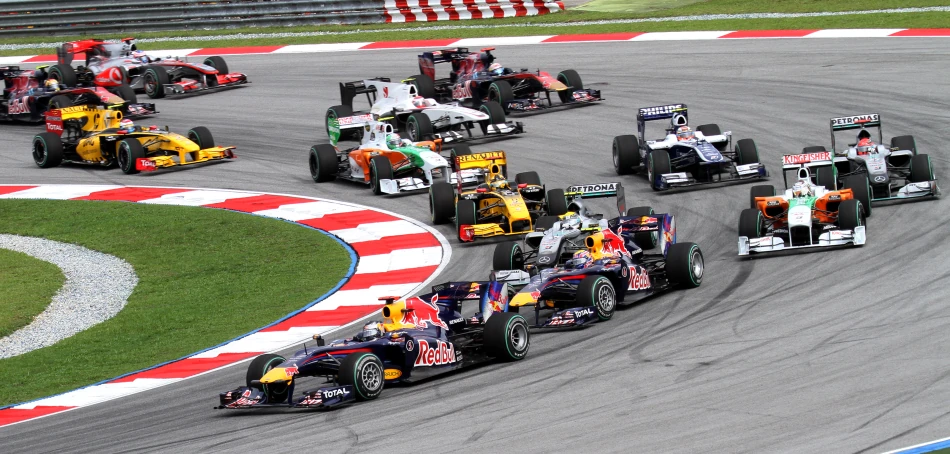
Malaysia Declines Hosting Formula 1 Race Citing Exorbitant Costs
Malaysia Rules Out F1 Return as Hosting Costs Spiral Beyond Economic Reach
Malaysia has officially ruled out hosting a Formula 1 race in the foreseeable future, citing prohibitive costs of $71 million annually and an increasingly crowded racing calendar. The Southeast Asian nation's withdrawal highlights the growing financial burden of hosting premier motorsport events as Liberty Media maximizes commercial returns while smaller economies struggle to justify the expense.
The Economics of Modern F1 Hosting
Sports Minister Hannah Yeoh outlined the stark financial reality facing Malaysia during a parliamentary session Thursday. Beyond the $71 million annual hosting fee demanded by Liberty Media, the Sepang International Circuit would require over $2 million yearly in upgrades to maintain F1 standards. Most challenging is the mandatory three-to-five-year commitment, representing a total financial obligation of approximately $355 million.
This pricing structure reflects Formula 1's transformation under Liberty Media ownership since 2017. The American media conglomerate has successfully increased race hosting fees while expanding the calendar to a record 24 races, creating intense competition among potential host nations.
Malaysia's F1 Legacy and Strategic Withdrawal
Malaysia's relationship with Formula 1 spanned 19 years, from Eddie Irvine's Ferrari victory in the inaugural 1999 Malaysian Grand Prix to Max Verstappen's Red Bull triumph in 2017. The purpose-built Sepang circuit, designed by Hermann Tilke, was considered one of the sport's premier venues, featuring challenging corners and excellent overtaking opportunities.
The country's 2018 withdrawal wasn't driven by lack of interest—Malaysia continues hosting MotoGP successfully—but by cold economic calculation. Unlike oil-rich nations using F1 for soft power projection, Malaysia couldn't justify the return on investment as hosting fees escalated.
Regional Competition Intensifies
Malaysia faces stiff regional competition for any future F1 slot. Singapore's night race has become a calendar fixture, leveraging its financial hub status and spectacular Marina Bay circuit. Thailand actively pursues F1 hosting rights, while established Asian venues in Japan and China maintain their positions.
This regional saturation exemplifies F1's global expansion challenge. While Liberty Media seeks new markets, existing circuits face displacement as commercially attractive venues in wealthy nations or those with state backing take precedence.
The Private Partnership Lifeline
Minister Yeoh left the door open for private sector involvement, stating Malaysia would "cooperate" if commercial entities assumed financial responsibility. This model has precedent—several circuits rely on private promoters or corporate backing rather than government funding.
However, Malaysia's cautious approach reflects broader skepticism about F1's economic benefits. Academic studies consistently question whether hosting fees generate equivalent tourism revenue or economic impact, particularly for developing economies.
Implications for F1's Global Strategy
Malaysia's definitive stance signals potential challenges for Liberty Media's expansion ambitions. As traditional circuits price themselves out and new venues demand government subsidies, the sport risks concentrating in fewer, wealthier markets.
The company's success in maximizing short-term revenue through higher hosting fees may ultimately limit geographic diversity, potentially affecting global viewership and sponsor appeal. Malaysia's withdrawal, despite maintaining a passionate fanbase and world-class facilities, demonstrates how financial realities increasingly override sporting considerations in modern Formula 1.
Most Viewed News

 Sara Khaled
Sara Khaled






